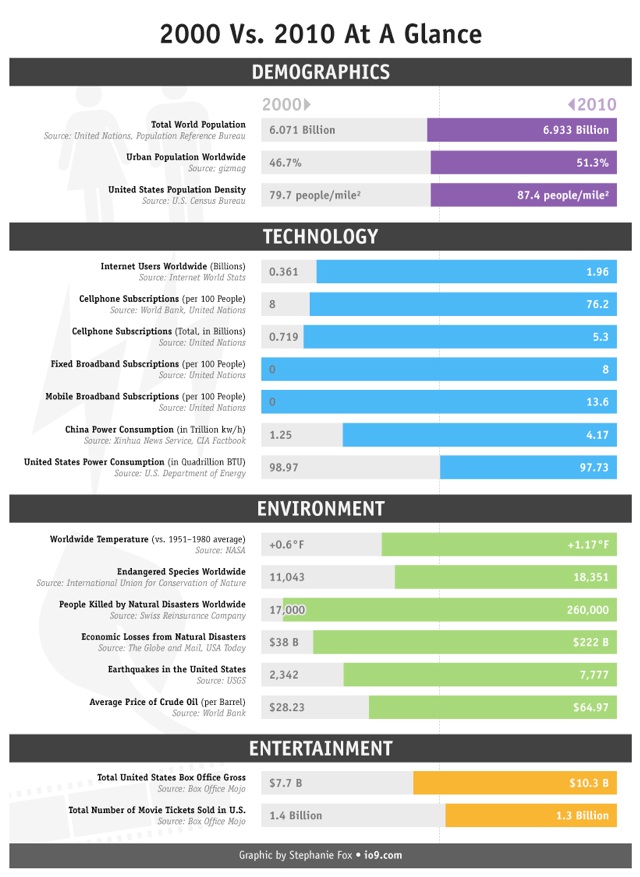From work to relationships, we are in a different world
By Morf Morford
Tacoma Daily Index
There are many reasons why the field of economics is called “the dismal science”.
Micro economics look at the tiny individual economic choices we all make. Macro economic looks at the big picture – the cumulative impacts of all of us – over time and across borders.
Every business of size spends a huge amount of time trying to make sense of what has happened – and what has not yet happened.
Entire government agencies are dedicated to making sense of what has already transpired (and what it actually means) and projecting what is most likely to happen next.
In one sense, projecting the economic future is the ultimate fool’s errand. Who knows, especially in this era of unexpected trade directives, emerging (and imploding) technologies, class action law suits, increasingly complex product liability laws, rules and applications what will emerge in the way of market impacting variables?
And yet what could be more important – to any business or government – than having a sense – however uncertain – of what to expect in the next month, or year or decade?
Making sense of the past is difficult enough (look at the chart in the upper right corner and do your best to translate or apply any of those trends, shifts or changes to your daily life or career trajectory.
There’s an old saying that the stock market hates uncertainty. And the truth is that most individuals do as well.
But what happens when the rate of change, our “normal” is so intense that we became dazed by it and, to some degree, become accustomed to it and take an accelerated rate of change to be our standard?


Consider just a few dynamics that have changed just since 2000.
Y2K, in spite of dire predictions, did not wipe out our computer systems. We, in fact, are far more dependent on technology than ever before. Those 1999 fears and fantasies seem naïve, if not comical to us now.
For those of us who reside in the 21st Century, privacy is non-existent, cyber-hacking is a constant threat to everyone from government agencies to schools, hospitals and individuals.
Coherence, rationality and reason is becoming irrelevant. Anyone remember the ALS Ice Bucket Challenge from a few years ago? It was a wildly effective social media campaign for charity that engaged thousands, then was forgotten. And now in politics, we have the same goldfish level attention span where fundraising and votes are secured through 140-stroke tweetable quotes and sensationalist sound bites.
The middle class and middle ground are under threat. There are vastly more millionaires than a decade or so – but also a social phenomenon none of us could have foreseen in those innocent 1990s – massive homeless encampments in every city.
The iconic symbol of the American Dream – the single family home – is barely affordable, if it is at all, to young families.
Who would have expected student loan debt to financially suffocate a generation?
Financially and politically we have almost no middle ground. In the golden days of the Twentieth Century one could attend a baseball game or eat at a restaurant or even wear a hat with a political slogan in relative safety. No more. We have no neutral territory. To use a term that emerged in, and perhaps defines, the second decade of the 21st Century, we have all become “snowflakes”.
In the 24/7 economy, product and idea life cycles have shrunk. You can’t fall in love with any idea, product or technology for too long.
The ability to pivot and quickly scale new ideas in reaction to market forces can make an investor absurdly wealthy. And the inability to capture an opportunity can be the loss of a career or entire industry.
Anyone even remember Kraft, Abbott, GE, DuPont, Xerox, Washington Mutual or Lehman Brothers?
They all dominated their markets in the late 1990s, but they are long gone now.
We are moving to an alternative universe – or maybe an alternative “virtual” universe is moving to us – via the 24/7 portals that we hold tightly in our hands.
People of all incomes, ages and life experiences struggle daily with an overwhelming amount of information. We spend so much time on handheld devices that we have almost stopped living IRL “in real life.” Family members and work colleagues alike struggle to be as present face to face as they are to their virtual relationships on e-mail, Facebook, and Instagram. Even people waiting in lines don’t look at each other or out at the world anymore—only downward, at their screens. Research shows us that we can’t resist the addictive pull, yet we are not getting smarter, more fulfilled, or even more tolerant. Just more isolated and distracted. And discontented.
We have more information at our fingertips than any CEO or world leader a generation ago, but it is shallower and making us more shallow with every tweet.
A new work app is called “instawork” – it is the ultimate in gig economy micro-management.
The assumption is that every skill set is on-call anywhere and anytime.
I think “Constawork” would be a better name for the work environment we are all building and – somehow, for better or worse becoming accustomed to.
Our stress levels are higher than ever, the stakes for the economy, the environment and the literal survival of the world have never been more extreme but we all seem to be on a train with its own momentum.
We only have a month or so left of 2019, but I expect a few more plot twists and surprise endings. And maybe even a new beginning or two.








